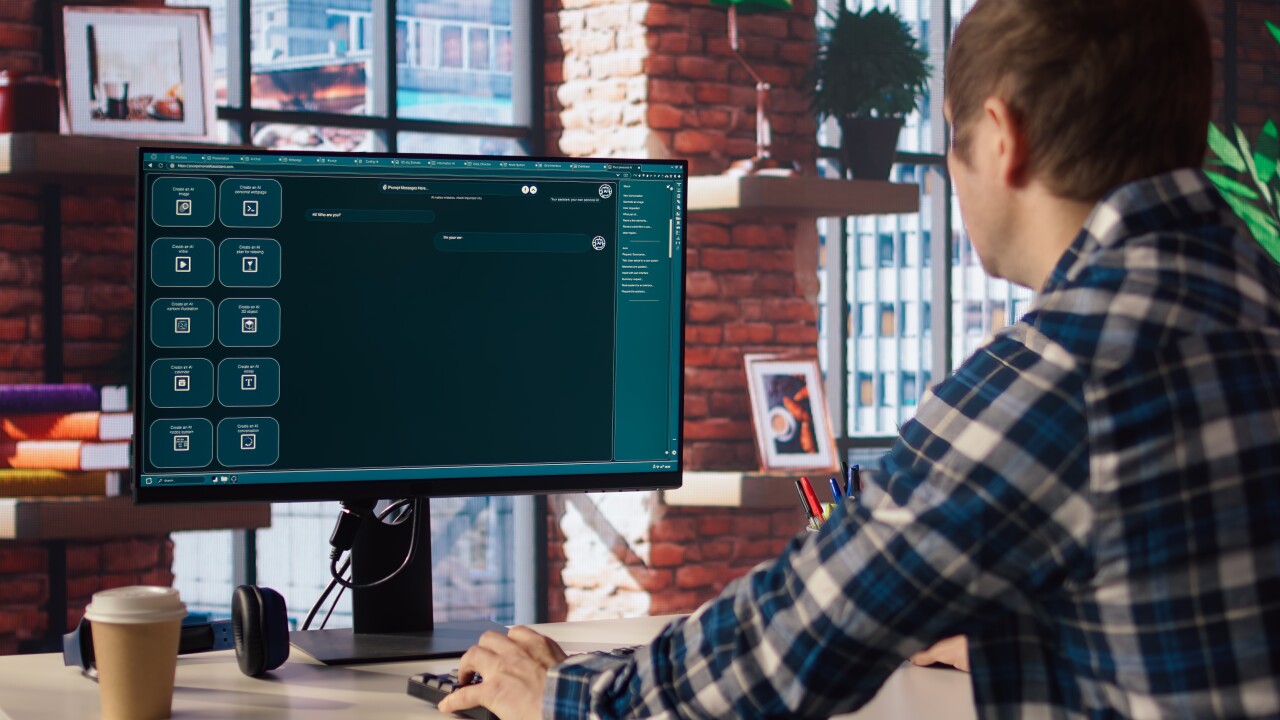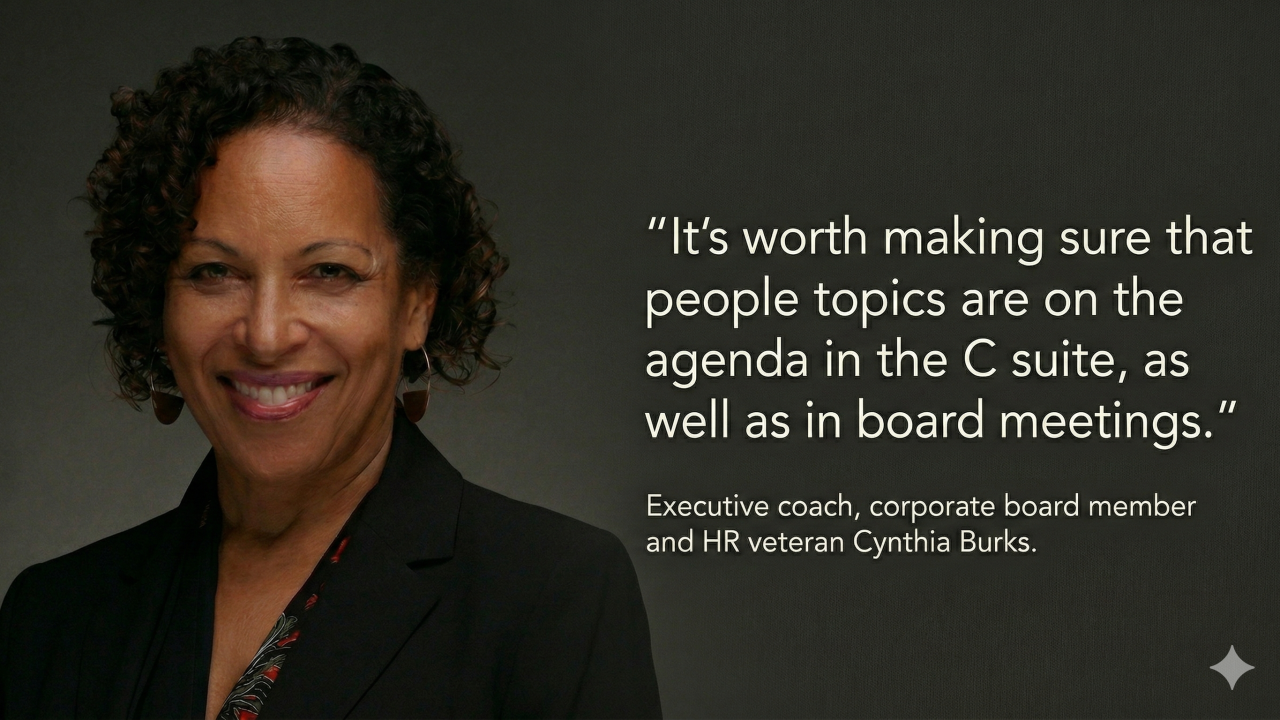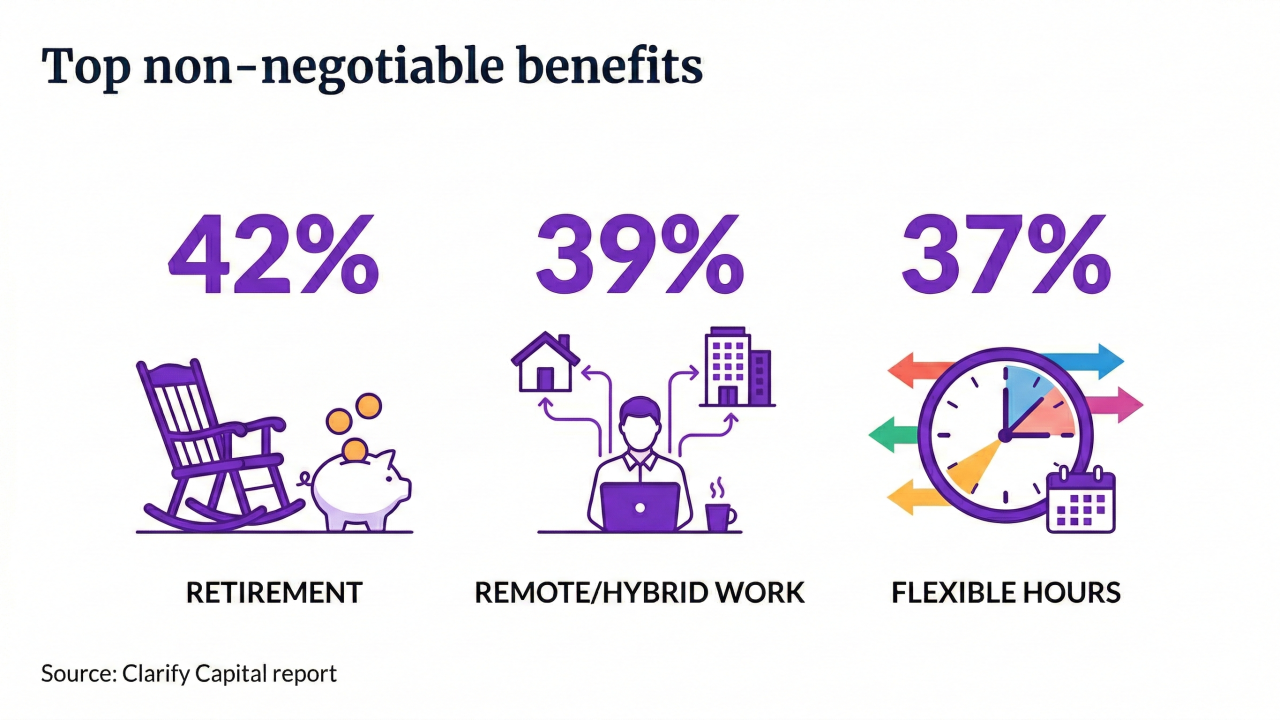Georgia Brewer has been a registered nurse for the last 20 years, but working on the frontlines during the coronavirus pandemic is one of her hardest — and most mentally challenging — assignments.
“The fear of contracting this virus while at work doesn’t go away,” Brewer, a nurse with Ready Responders, an at home care provider, says. “We do the best we can to protect ourselves with the proper PPE, but one tiny slip could mean the difference.”
Brewer says her passion for helping others started when she was a little girl, helping her mother care for her older brother, who was diagnosed with Type 1 diabetes. Today Brewer, 43, is one of the more than 16 million medical workers on the frontlines battling the coronavirus, a serious disease that has claimed the lives of more than 100,000 Americans and over 346,000 people worldwide.
Coronavirus has had a serious impact on mental health across the U.S., as 45% of American adults report increased anxiety and depression, according to Kaiser Family Foundation data. For frontline workers, the impact of this disease on mental health can be brutal.
“The fear [of this virus] accompanied by the increased workload and changing workflow has been challenging,” Brewer says.
Yet even before the outbreak of this disease, healthcare workers were already more likely to suffer from psychiatric disorders and burnout when compared to other industries, according to national health insurance data, the Journal of Internal Medicine, and research by psychologists Erin Fink-Miller and Lisa Nestler. Additionally, prior to the COVID-19 pandemic, doctors were suffering from higher rates of suicide than the general population. It is estimated that 300 physicians take their own lives each year in the U.S., according to data from the National Violent Death Reporting System, a branch of the Centers for Disease Control and Prevention.
“This country was in a mental health crisis prior to COVID-19,” says Dr. Carl Marci, a psychiatrist and mental health executive for Ready Responders. “We had high single digit and low double digit increases in just about every category of mental illness. We weren't, as a country, investing enough in mental health.”
Nearly one in five adults in the U.S. lives with a mental illness, according to research from the National Institute of Mental Health. About 43% of adults with mental illness received treatment in 2018, according to the National Alliance on Mental Illness. However, many people who need treatment don’t seek out help because of the continued societal stigma of a mental health diagnosis and lack of access to mental health professionals. Without the proper intervention symptoms can continue and get worse, Marci says.
For frontline workers who don’t get the help they need the effects can be devastating. Indeed, Lorna Breen, a New York emergency room doctor who had been treating coronavirus patients and had suffered from the disease herself, died by suicide in late April.
“She tried to do her job, and it killed her,” Breen’s father, Philip Breen, told the New York Times after his daughter died. “She was truly in the trenches of the frontline.”
For many frontline workers, their workplace has been chaotic. Workers in hospitals and other medical facilities are faced with the rapid deterioration of patients and the unpredictability of the illness, according to research into frontline workers’ mental health by Dr. Kristin Tugman, vice president of health and productivity analytics and consulting practice at Prudential Group Insurance.
“They talked about discharging a 70-year-old and watching a 30-year-old die,” Tugman says. “The do not resuscitate orders were another difficult factor, especially for the nurses. Folks sign a DNR order all the time, but it is typically a 70 0r 80-year-old, not a 35-year-old. They’ve been asked to reduce their life saving efforts.”
Long work hours and the greater risk of infection are other stressors that can contribute to the decline in a healthcare worker’s mental health during the pandemic, according to a report by Nisha Cooch, a PhD who specializes in mobilizing brain science to improve medical communications.
Healthcare professionals also report feeling a greater sense of helplessness, due to bed and equipment shortages, Cooch writes. Frontline workers feel a sense of moral injury, she says, because they’re forced to make decisions about patient care without conferring with a patient’s family. Healthcare workers bear the emotional burden of being a patient’s only support.
“Frontline workers are making previously inconceivable triage decisions,” Cooch writes. “They are forced to make medical choices that would normally involve patients’ family members without that critical input because patients’ loved ones are forbidden from entering hospitals. It has been suggested that these events cause what is referred to as moral injuries — a term that originated in the military to describe the psychological distress that results from perceived injustices — and thereby have lasting harmful effects on mood and self-esteem.”
But workers do not need to struggle alone, Brewer, the registered nurse, says. There are steps employers can take to ensure they get the help they need.
“In addition to mental health benefits through employee sponsored insurance, mental health apps and paid sick leave, I believe getting adequate exercise is instrumental in maintaining a healthy mind,” Brewer says. “More companies could offer access to activities like yoga, exercise classes, gym memberships or massages.”
Most critical is reminding employees of their existing benefits and helping to make sure that they know how to access them correctly, Marci says.
“A lot of employers and employees pay into insurance and they have benefits but they may not realize what their mental health benefits are,” Marci says. “Often the mental health benefits are carved out in a way that they may have a different name, a different phone number or a different way of getting to them. The first thing employers want to do is make sure people are aware of how to get to them.”
The next thing employers need to think about is how best to augment these benefits so frontline workers have access to the mental health care they need.
“How can employers do a better job of adding on an additional benefit at a reasonable cost? One way to do that is to think about digital health,” Marci says. “Employers are adding e-benefits, like a wellness app, of which there are hundreds to choose from.”
Frontline workers say what they really need as an employer who listens to them. The workers surveyed by Tugman said employers understand what they’re going through and how to deal with this crisis, and frontline workers want to know that they are being seen.
“Ultimately the lessons we can extrapolate from that is to continue to be visible, continue to communicate, continue to recognize and say thank you, and know that your frontline worker is the glue that keeps your business running,” Tugman says.






